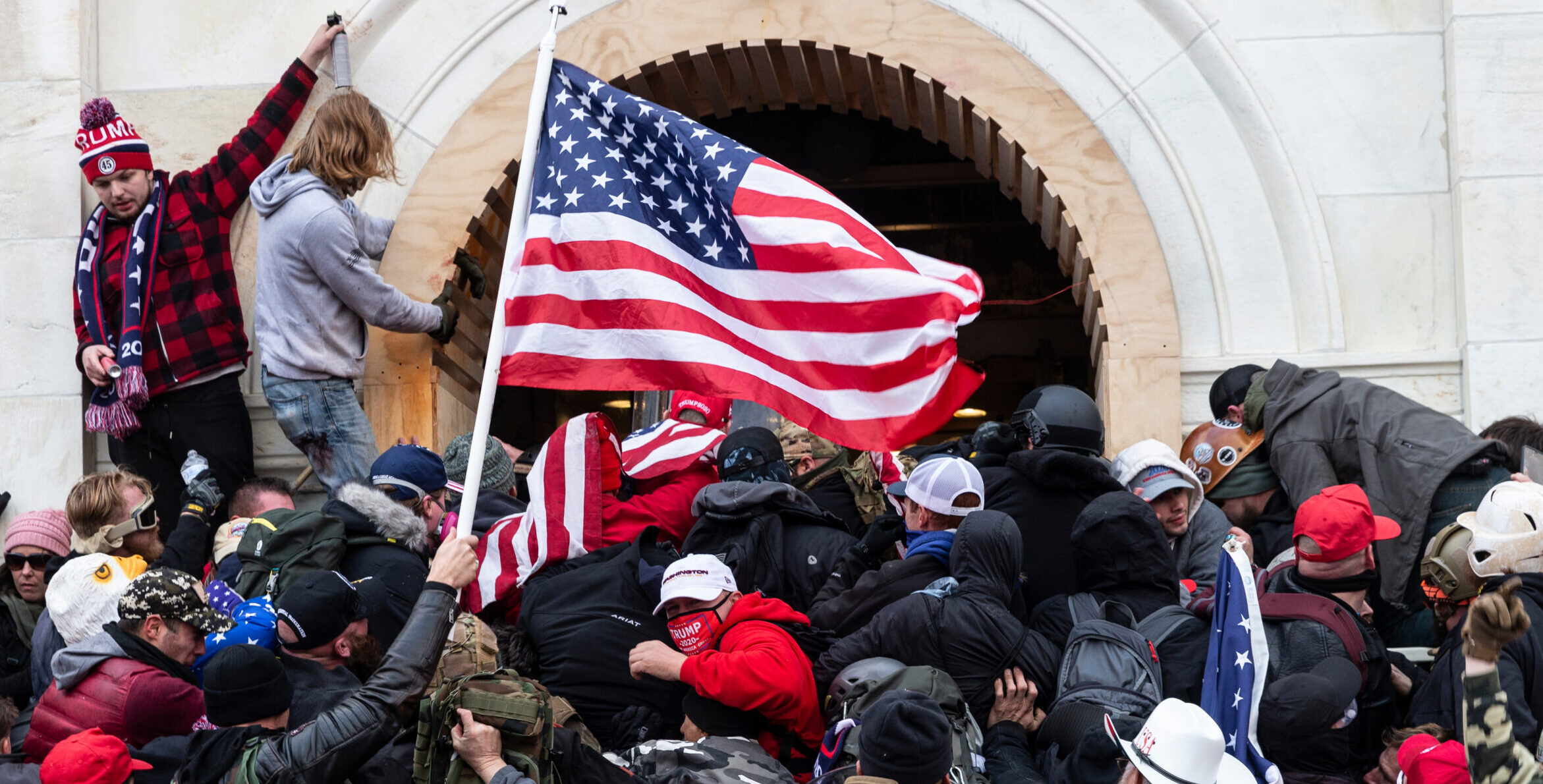Governmental policy regarding minorities in society has been a longstanding and combative strategy in the US pointed toward advancing variety and tending to verifiable imbalances. The choice of the U.S. High Court to upset governmental policy regarding minorities in society has sweeping ramifications. This article investigates the critical perspectives and likely results of the High Court’s choice.
Reasoning for Upsetting Governmental policy regarding minorities in society
Under this heading, the article inspects the thinking behind the High Court’s choice to upset governmental policy regarding minorities in society. The Court might have discovered that governmental policy regarding minorities in society arrangements include race-based inclinations that might possibly abuse the standard of equivalent security under the law. The choice might be founded on the conviction that race-cognizant confirmations arrangements might propagate separation or neglect to accomplish their planned objectives of advancing variety and fairness.
Influence on Advanced education
The subsequent heading centers around the effect of upsetting governmental policy regarding minorities in society on advanced education foundations. Governmental policy regarding minorities in society has been a device for colleges to consider race as a figure their confirmations processes, meaning to make different understudy bodies. The choice to upset governmental policy regarding minorities in society might restrict the capacity of colleges to involve race as a figure confirmations choices, possibly influencing the racial and ethnic piece of understudy populaces. It might likewise prompt legitimate difficulties and changes in affirmation strategies, provoking colleges to investigate elective ways to deal with accomplishing variety.
Suggestions for Equivalent Open door
This heading digs into the possible ramifications of toppling governmental policy regarding minorities in society for equivalent open door. Pundits contend that eliminating governmental policy regarding minorities in society might propagate foundational disparities and frustrate endeavors to make everything fair for generally underestimated gatherings. Without race-cognizant arrangements, people from underrepresented foundations might confront more prominent hindrances to getting to advanced education or entering specific callings. The choice might impact the more extensive talk on equivalent open door and light discussions about the best ways of tending to verifiable variations and advance variety.
Likely Cultural and Legitimate Repercussions
The last heading tends to the more extensive cultural and legitimate implications of the High Court’s choice. Upsetting it regarding minorities in society might have suggestions past schooling, influencing regions, for example, work rehearses, government contracts, and different strategies pointed toward advancing variety and tending to past segregation. The choice may likewise fuel progressing banters about race, correspondence, and the job of government mediation in tending to social imbalances. It might actually shape future lawful difficulties and public approach conversations in regards to it regarding minorities in society and equivalent freedoms.
Conclusion
The High Court’s choice to upset governmental policy regarding minorities in society conveys critical ramifications for advanced education, equivalent open door, and more extensive cultural and lawful discussions. The choice might reshape confirmations rehearses in colleges, influence variety endeavors, and bring up issues about the best means to address verifiable imbalances. While the full results of the choice are yet to unfurl, obviously the decision will keep on impacting conversations encompassing race, fairness, and the quest for a more comprehensive society.
Who is Big Tech Hiring in 2023?
